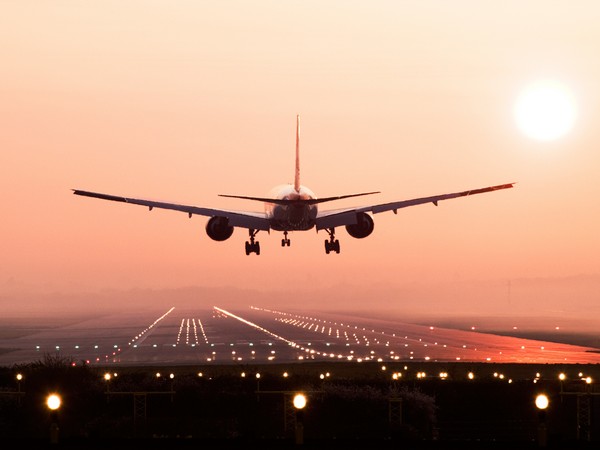S.Korea's T'way Air sees 'golden opportunity' from new EU routes
These cannot carry as many passengers as T'way's existing three long-haul wide-body A330-300 planes, but the A330-300s cannot fly the extended distance to Europe needed to avoid currently restricted Russian air space. Long term, T'way intends to source its own pilots and larger capacity planes, Jeong said.

- Country:
- Korea Rep
European routes awarded to South Korea's second-largest low-cost carrier T'way Air from the merger of Korean Air-Asiana are a golden opportunity to differentiate T'way as a long-haul carrier in Korea's crowded budget space, senior executives told Reuters.
EU competition authorities last month said South Korea's biggest carrier Korean Air must surrender routes to four European cities to T'Way as a condition of its approval of Korean's pending merger with Asiana Airlines . "To get this kind of a profitable route and slot from Korean Air is a very rare opportunity," said Hyung-Yi Kim, T'way senior vice president.
T'way will begin flying to Paris in June, Rome in August, Barcelona in September, and Frankfurt in October, Kim said. Only one other Asia-Pacific low cost carrier (LCC) currently operates direct flights to western Europe - Singapore's Scoot.
South Korea is heavily reliant on air travel as its only land border is with North Korea with which it is technically at war. It has seven low-cost carriers and one hybrid carrier which fly domestically, within Asia and some routes to north America and Australia. Under the EU deal, Korean Air has to provide T'way with slots, traffic rights and access to suitable aircraft.
T'way CEO Hong-Geun Jeong said Korean Air will lease five wide-body A330-200 planes to T'way, and provide 100 pilots and maintenance support. These cannot carry as many passengers as T'way's existing three long-haul wide-body A330-300 planes, but the A330-300s cannot fly the extended distance to Europe needed to avoid currently restricted Russian air space.
Long term, T'way intends to source its own pilots and larger capacity planes, Jeong said. Jeong expects T'way to grow 30-40% this year with the start of the European routes.
Further change is likely coming to Korea's low cost segment. Analysts and industry players expect Korean Air to merge its Jin Air LCC with Asiana's Air Busan and Air Seoul into one budget carrier. Jeong said he foresees three major LCCs in Korea's market in the future: Jeju Air, currently the largest, T'way, and the merged Korean Air LCC.
"We want to become the number one low-cost carrier, and we've been working hard to do so," he said.
(This story has not been edited by Devdiscourse staff and is auto-generated from a syndicated feed.)
ALSO READ
Unwanted Air Mail: North Korean Balloons Over Seoul
Trash Balloons: North Korea's Latest Psychological Tactic
North Korea's Possible Involvement in Ukraine Conflict Sparks Global Concerns
Global Tensions Rise: North Korea Allegedly Supports Russia in Ukraine Conflict
Propaganda Balloons Ignite Tensions Between Koreas










